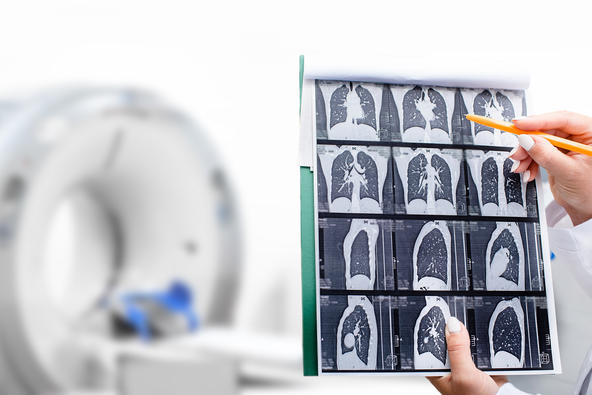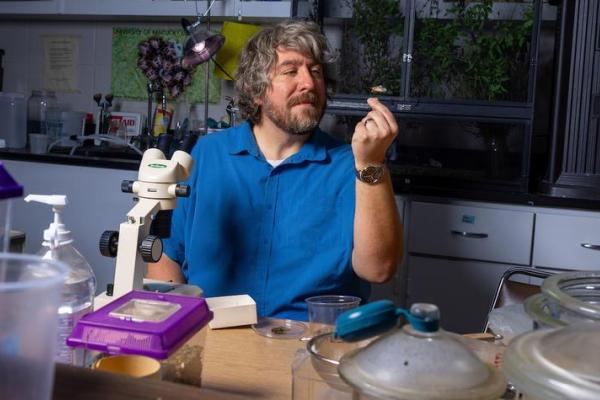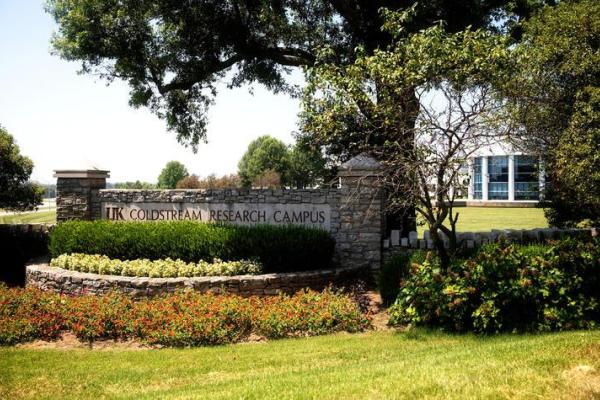UK Study Shows Methods to Increase Cancer Screening Awareness in Disparate Populations

A study headed by Lovoria B. Williams, Ph.D., associate professor in the UK College of Nursing and assistant director for cancer health equity at the Markey Cancer Center, highlights the benefits of utilizing community health workers in educating racial minority populations in lung cancer screening.
The study was done in collaboration with researchers from Augusta University and was published in Cancer Nursing. The team of researchers collaborated to assess the benefit of using community health workers to promote lung cancer screening knowledge in a semi-urban city in east-central Georgia, where the community is predominantly African American (57%) and almost a quarter of the residents live below the poverty line.
Despite the 2013 guidance from the U.S. Preventive Services Task Force on the first-ever lung cancer screening guidelines, in 2018 it was observed only 2-4% of eligible individuals undergo the screening. Lung cancer is the top cause of cancer death in both men and women in the United States and worldwide, and Kentucky ranks first in the nation for both lung cancer incidence and mortality.
The efficacy of early detection through screening has been demonstrated in breast, cervical, and colon cancer, meaning early detection of lung cancer could also reduce the high mortality. While there is some data indicating Kentucky is doing better in terms of lung cancer screening, the limited awareness of this tool is a critical barrier to overcome to fully utilize its benefits.
The purpose of the Georgia study was to assess community awareness of lung cancer screening and the effectiveness of using community health workers in promoting education of lung cancer screening guidelines in communities with predominately racial minorities and/or lower socioeconomic status individuals. These populations are known to have lower cancer screening behaviors, along with the social stigma related to lung cancer being associated with smoking habits, increases the challenges in reaching communities that have disparate cancer outcomes.
The study found the utilization of community health workers successfully increased the knowledge of lung cancer screening and overall general cancer knowledge, attitudes, and beliefs related to lung cancer in these communities. These findings support an implementation science study led by Williams in western Kentucky, published in the J of Community Health.
“Populations of color are often late adopters of new cancer screenings and are more likely to be diagnosed with cancer at later stage than white populations,” said Williams. “We need to be in these communities and we need to be proactive. The University of Kentucky has led a concerted effort in Appalachia and has built trust relationships with that community. We have to apply this successful model in communities of color to let them know we are part of the solution in addressing health inequities and are willing to make a sustained investment.”
Williams hopes both studies utilizing community health workers highlights the substantial benefit of working with these communities to identify the problem and develop solutions to help educate and reduce barriers to care within these populations and empower them to make an informed decision regarding their health.
“Going into the community and to the people instead of waiting for them to come to us can be more impactful,” Williams said. “What we did as a team was go into the community first and talk to the people in those communities about the problem. Then we presented some solutions but engaged them in adapting the approach to their unique cultural needs. We did not provide solutions, instead we met them where they were and worked with them to help them improve their own health outcomes and to help them make informed decisions.”
The Georgia project and the Kentucky project was funded by a Markey Cancer Center Small Grant.
Credits
Jenni Ho (College of Medicine)

